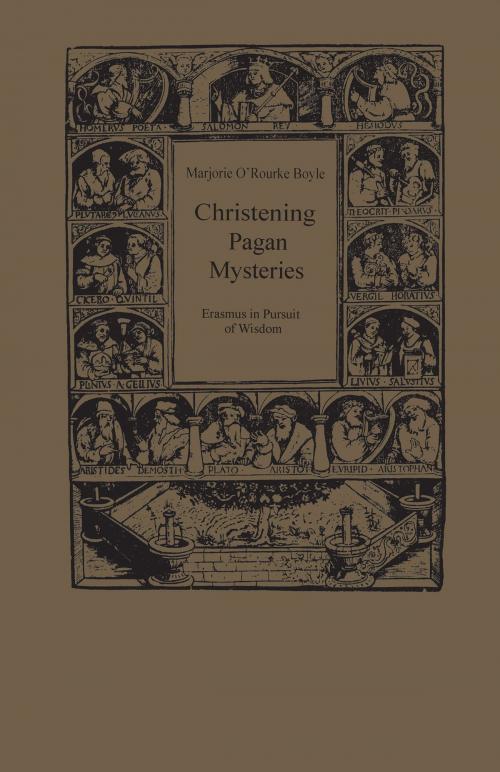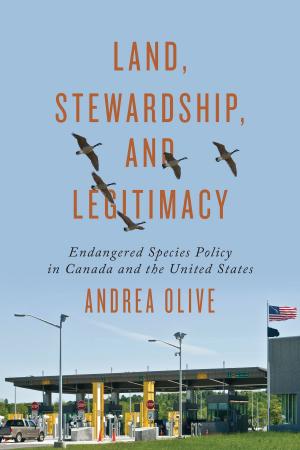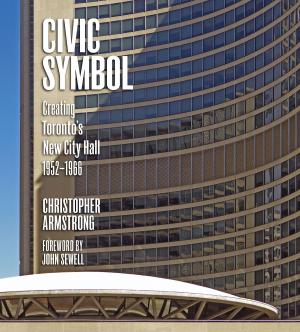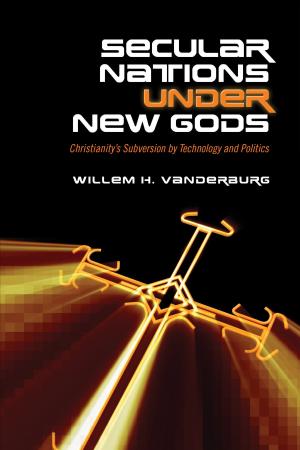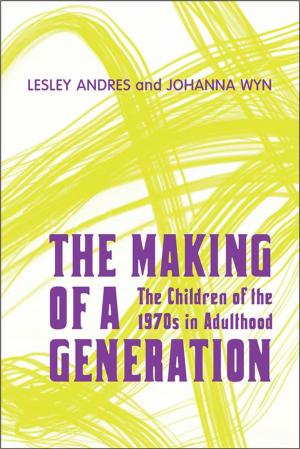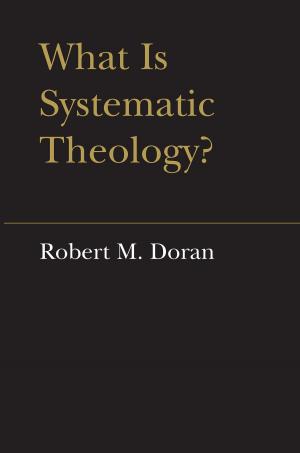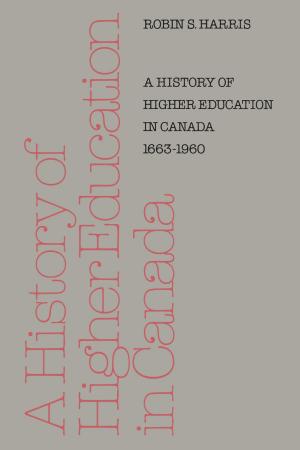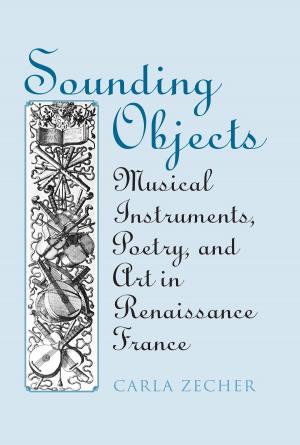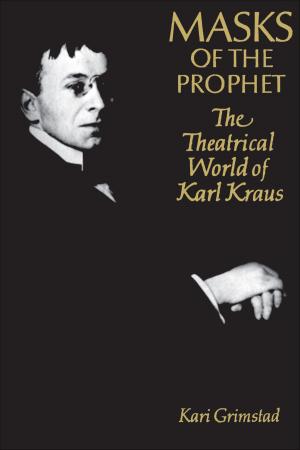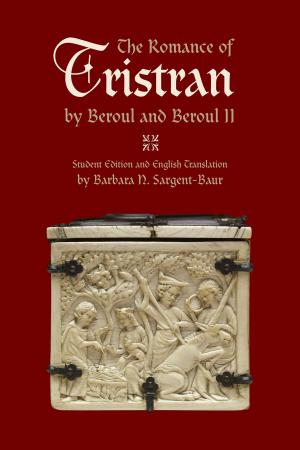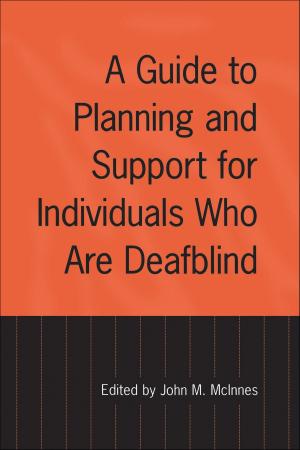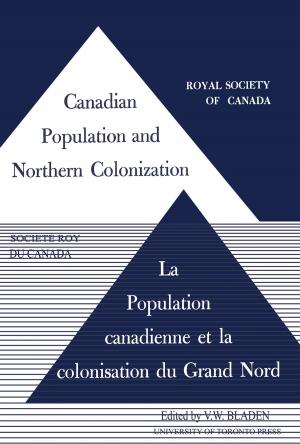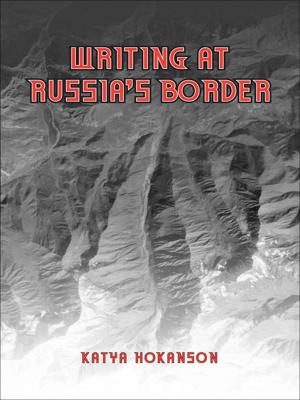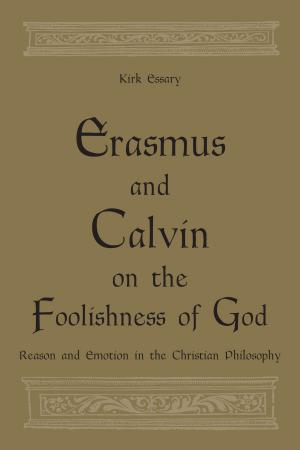Christening Pagan Mysteries
Erasmus in Pursuit of Wisdom
Nonfiction, Religion & Spirituality, Other Practices, Fiction & Literature, Literary Theory & Criticism, Philosophy| Author: | Marjorie O'Rourke Boyle | ISBN: | 9781442650749 |
| Publisher: | University of Toronto Press, Scholarly Publishing Division | Publication: | December 15, 1981 |
| Imprint: | Language: | English |
| Author: | Marjorie O'Rourke Boyle |
| ISBN: | 9781442650749 |
| Publisher: | University of Toronto Press, Scholarly Publishing Division |
| Publication: | December 15, 1981 |
| Imprint: | |
| Language: | English |
This is the first book devoted to investigating the scholarly commonplace that Erasmus’ revival of classical learning defines his evangelical humanism. It acknowledges that it was a feat for him to challenge the obscurantism of late medieval schooling by restoring classical studies. It recognizes that his editions of Greek and Latin authors alone fix his place in the history of scholarship. But the plainest questions about this achievement may still be asked, and the most popular texts freshly interpreted. Was his work only the expression in the ‘idiom of the Renaissance’ or a perennial Christian humanism? Or did he advance on it theoretically as well as practically? Did Erasmus contribute conceptually to the interrogation of pagan wisdom with the Christian economy? Christening Pagan Mysteries proposes that he did.
Although doctrinal issues involved, this inquiry is not systematically theological. Erasmus wrote no treatise on the subject that might be so explored. A rhetorical approach, complementary to his own method, discloses his evangelical humanism through the analysis of three significant texts. The seminal dialogue Antibarbari provides the conceptual key in one of the most important humanist declarations in the history of Christian thought to the Renaissance. The Christocentric conviction it voices is then discerned through new interpretations of two other texts which christen pagan mysteries in original and important ways: the Moria and the final colloquy, ‘Epicureus,’ in which a pagan goddess and a pagan philosopher are gathered to Christ.
This is the first book devoted to investigating the scholarly commonplace that Erasmus’ revival of classical learning defines his evangelical humanism. It acknowledges that it was a feat for him to challenge the obscurantism of late medieval schooling by restoring classical studies. It recognizes that his editions of Greek and Latin authors alone fix his place in the history of scholarship. But the plainest questions about this achievement may still be asked, and the most popular texts freshly interpreted. Was his work only the expression in the ‘idiom of the Renaissance’ or a perennial Christian humanism? Or did he advance on it theoretically as well as practically? Did Erasmus contribute conceptually to the interrogation of pagan wisdom with the Christian economy? Christening Pagan Mysteries proposes that he did.
Although doctrinal issues involved, this inquiry is not systematically theological. Erasmus wrote no treatise on the subject that might be so explored. A rhetorical approach, complementary to his own method, discloses his evangelical humanism through the analysis of three significant texts. The seminal dialogue Antibarbari provides the conceptual key in one of the most important humanist declarations in the history of Christian thought to the Renaissance. The Christocentric conviction it voices is then discerned through new interpretations of two other texts which christen pagan mysteries in original and important ways: the Moria and the final colloquy, ‘Epicureus,’ in which a pagan goddess and a pagan philosopher are gathered to Christ.
